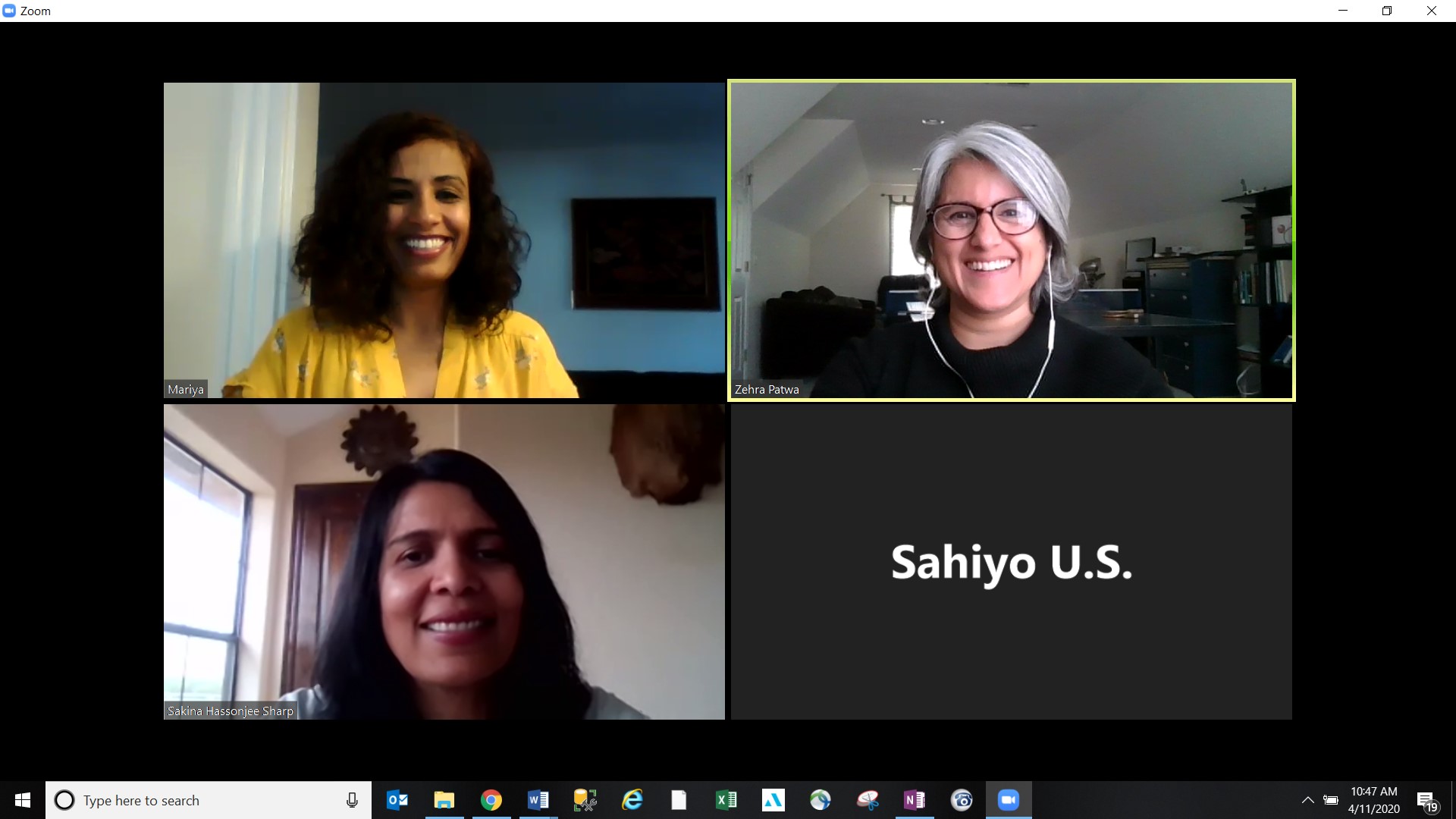By Miranda Dobson
“For many parents in the Bohra community who are thinking about having their daughters undergo female genital cutting, the delay that COVID-19 has caused is likely not a big deal, as it can happen any time from age 7. There is no time limit.”
Aarefa Johari is a co-founder of transnational organisation Sahiyo, based in Mumbai, India.
“For those who are unsure about whether or not to cut their daughters, this delay could mean there is more time to debate, and hopefully they may change their minds.”
Sahiyo works with Asian communities, with a special focus within the Dawoodi Bohra community, which is largely concentrated in India and Pakistan, but also dispersed globally across Europe, North America and Oceania. Sahiyo focuses on ending female genital cutting (FGC), often known as female genital mutilation (FGM), and within the Bohra community as khatna by engaging in a variety of storytelling programs to help elevate dialogue on the issue and build awareness of its harms
How is COVID 19 affecting the practice of female genital cutting?
Fellow co-founder Mariya Taher, based in Boston, U.S., explained that the impact of the coronavirus pandemic on female genital cutting in the North American Bohra community and other FGC practising communities is likely similar.
“It’s difficult to know if FGC is happening more or less right now. Broadly we know that gender-based violence is rising. Domestic violence is rising. The thing that is most immediately concerning is that necessary support services aren’t in place.
“There is a poor response from law enforcement, and things like mental health services which were already lacking for survivors of FGC, are even more vital now and just not in place. This is likely the most difficult hurdle right now.”
Mariya outlined how the pandemic is also affecting progress around ending FGC at a more structural level.
“In Massachusetts where I am, the state law against FGC has been delayed because there are more pressing things to look at right now. Legislation is not a solution in itself but a necessary step towards change, and needs to be supported by community outreach.”
Before the coronavirus pandemic hit, much of Sahiyo’s work involved working with activists and community members through in-person retreats and Thaal Pe Charchas – conversations over food.
Sahiyo is adapting to the crisis
In the current climate, Mariya, Aarefa and fellow co-founders, Priya Goswami and Insia Dariwala, have needed to pivot and work increasingly through technology and digital spaces.
“A strength of Sahiyo’s is our digital presence,” Mariya added. “We’re able to still connect with community members in that way, and we held our first ever digital activist retreat in April, which was supposed to be in New York in person.
“It was an experiment and we also had men attending for the first time, which was really cool. What surprised me was how engaged people were, and how much they wanted to talk about FGC, at a time when so much else is going on. I think it was very cathartic at a time when people just need an outlet more than anything.”
Pivoting to digital advocacy
Sahiyo has been able to work to their strengths as communicators at this time, and use digital spaces to convey messages, and to great success. They’ve held webinars with over 300 people in attendance, and continue to share survivor stories on their social channels through a project with StoryCenter called Voices to End FGM/C.
Aarefa shared how Sahiyo India is likely to follow suit.
“We had planned to have some community events at this time, which haven’t been possible. These could now happen virtually as a way to reach out to people. It’s encouraging how well this went in the U.S.”
Sahiyo India has also recently launched the first iteration of an exciting new app.
“It’s called Mumkin, and it’s about making difficult conversations possible. We’re excited to be rolling it out at a time when digital advocacy and communications are so important.”
Aarefa and Mariya both recognised how COVID-19 is likely to affect communities and their work going forward on a range of levels.
“It’s important to acknowledge that we’re living in this altered reality. We can’t just talk about FGC without talking about COVID – it’s not relatable and it doesn’t feel authentic because it’s the issue that everyone is facing,” Mariya told us.
“In general, we’re seeing a shift in the social sector. COVID will be a focus for a lot of grants for a while. That’s really important and should be the case. I hope though that it doesn’t mean organisations will force-fit COVID into their work. Of course it’s vital, but it shouldn’t relegate other issues, particularly gender-based violence, which we know is being driven by barriers pandemic responses have put up.”
(This interview was carried out via video conferencing and written by Orchid Project’s Senior Communications Manager, Miranda Dobson, speaking to Mariya Taher and Aarefa Johari, co-founders of Sahiyo. The piece was originally published on Orchid Project’s website.)

